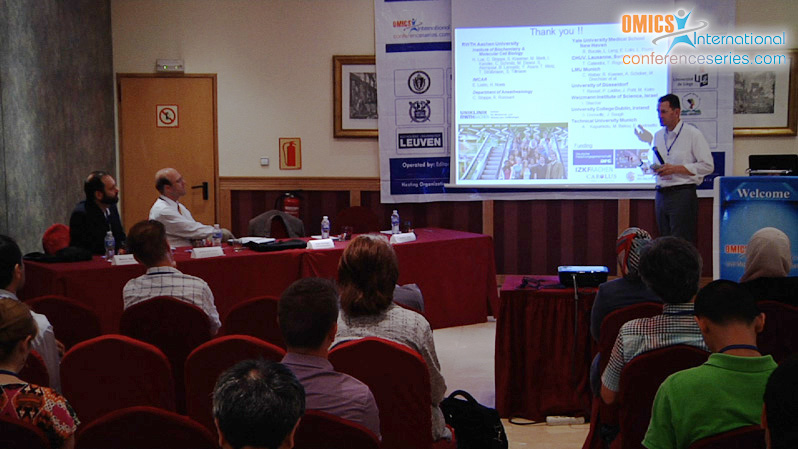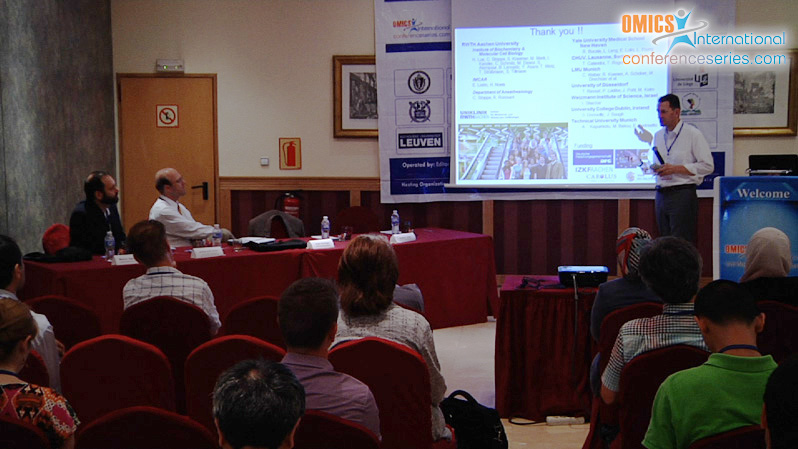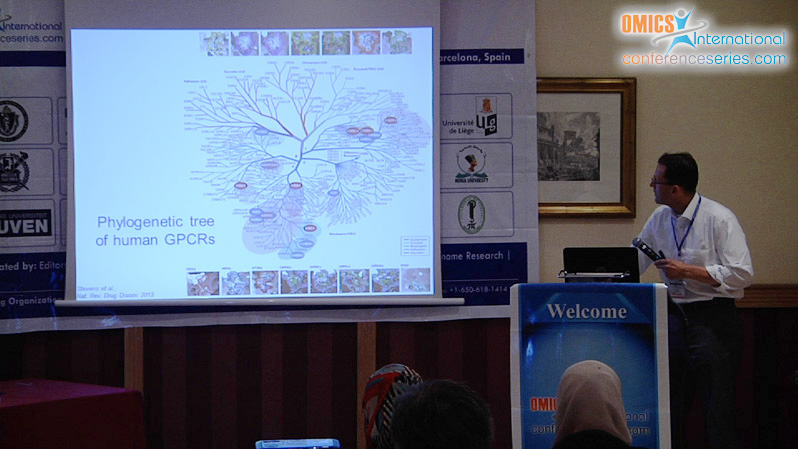
Jürgen Bernhagen
RWTH Aachen University, Germany
Title: The emerging role of innate chemokines in inflammatory disease and atherosclerosis
Biography
Biography: Jürgen Bernhagen
Abstract
Inflammatory processes such as those promoting atherosclerotic lesion formation are pivotely driven components of the innate and adaptive immune axis. Chemokines and their receptors are a particularly prominent part of the innate immune arm. While the role of classical chemokines, i.e. belonging to the CC or CXC families, is increasingly well understood, it also has become clear that the underlying ligand/receptor system is characterized by a previously unanticipated complexity of cross-reactivities and homo- and heteromerization events. Moreover, an emerging family of chemokine-like inflammatory mediators termed ‘innate chemokines’, CLF chemokines or micro-chemokines, which additionally struc¬turally and functionally overlaps with the mediator class of alarmins has been identified to modulate inflammatory reactions in the atherogenic arterial wall but also numerous other inflamed tissues. Innate or CLF chemokines share functional homology with classical chemokines and signal through classical chemokine receptors, whereas they do not exhibit conserved structural features such as N-terminal tandem cysteine residues or the chemokine fold. This lecture will address the molecular basis of target cell activity and the pathophysiological role of several ‘innate chemokines’. Examples will encompass high mobility group binding protein-1 (HMGB1), macrophage migration inhibitory factor (MIF), and certain ï¢-defensins. Receptor usage, signaling, innate immune cell regulation, and involvement in various inflammatory conditions, including atherosclerosis will be discussed. Finally, the lecture will outline potential strategies to specifically and thera¬peutically target such mediators either in conjunction or explicit exclusion of the co-targeting of classical chemokines.




